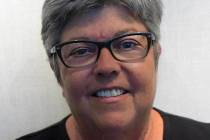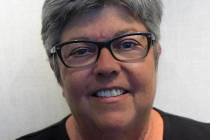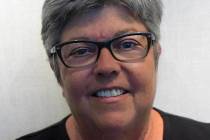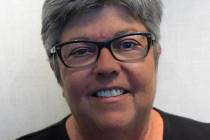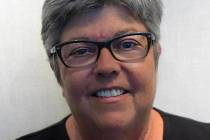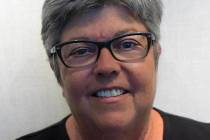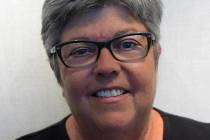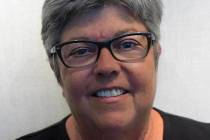Common interests could lead to opening hearts, minds
Oh, yeah! Political fur is flying, but, as my mother used to say: “Hold your horses.” Maybe there’s some thinking to do before we get too wild and crazy about issues, candidates and political affiliations. Maybe thought needs to be given to who is and isn’t registered to vote.
An April 4 press release from Nevada Secretary of State Barbara Cegavske contained this sentence: “Nevada has surpassed 1.5 million registered eligible voters, a mark the State has not reached since October 2012.” Very nice, but this brings the total of registered eligible voters in Nevada to 1,504,801.
The state’s 2016 population estimate is 2,890,845, according to the U.S. Census Bureau. Subtract those under 18, and the number eligible to vote is approximately 2.2 million, leaving approximately 695,000 folks who aren’t registered.
How do we convince these people to register and then vote? The numbers prove that a large number of people are not registered to vote. Do we simply forget about those folks and say they are a lost cause?
I’ve spoken to a number of folks in Boulder City who have never registered or voted. They tell me they their vote doesn’t count. They think all candidates are the same and there are no differences among political parties.
You can show them facts where candidates won by 10 votes or lost by one vote, yet it doesn’t matter to them. You can point out philosophical and policy differences between candidates and parties, but that doesn’t resonate with nonvoters. Is there anything to be done to convert these folks?
For quite some time now, I’ve been working on a little something I call “what we have in common.” It goes like this: You strike up a conversation with a person you may or may not know very well. The banter begins by casually bringing up topics of agreement such as fair treatment of all veterans, money in politics and crooked politicians — relatively safe conversation starters.
More often than not, the person with whom I am chatting will start a conversation without any prompting. Most people love to talk but aren’t always given the chance. Then, there are some who talk too much and turn people off. They get ignored a lot. The trick is to listen even when it hurts. Now, the time is right to make your move, a critical step.
Your conversation partner may agree with you on the first issue that arises, but where you go from here either turns into a meaningful exchange, or you’ve got an argument on your hands.
Your conversation partner says purple is green with no rational explanation. You then very quietly, but forcefully, state the two colors are not the same. You gush the facts,
but facts are not enough to convince a person who believes purple is green. As your conversation partner raises his/her voice several decibels, you are told you have been misinformed. You listen to the wrong people. You watch the wrong TV pundits. What you claim are facts are only opinion and everyone knows that purple is green.
At this point in the conversation, remain calm. Do not argue. You can now tell your conversation partner that various shades of color exist, but purple is not green.
This next part takes practice. You must change the topic before your partner gets considerably louder, goes off track and winds up telling you that because you don’t see this “fact,” the moon is made of cheese, another “fact” your partner has come to accept.
You now need to pivot. In order to do this effectively, you must be able to speak skillfully on at least two or three safe issues. Your facts must be assembled flawlessly; your delivery must be impeccable; you need to be prepared for responses from left field; you must remain immovable and keep your composure.
Most of us don’t have the time or energy to practice this “what we have in common” scenario. Many might think this exercise in engaging our friends, neighbors and those we happen to converse with is pointless. Many might say they don’t care what they have in common with others. So be it.
What I know is that minds and hearts can be persuaded to think and feel in countless ways. Perhaps a little time spent learning what we have in common could lead to making democracy more democratic.
Rose Ann Miele is a journalist and was public information officer for Boulder City for nine years. She can be reached at roseannrab@hotmail.com or at 702-339-9082.







